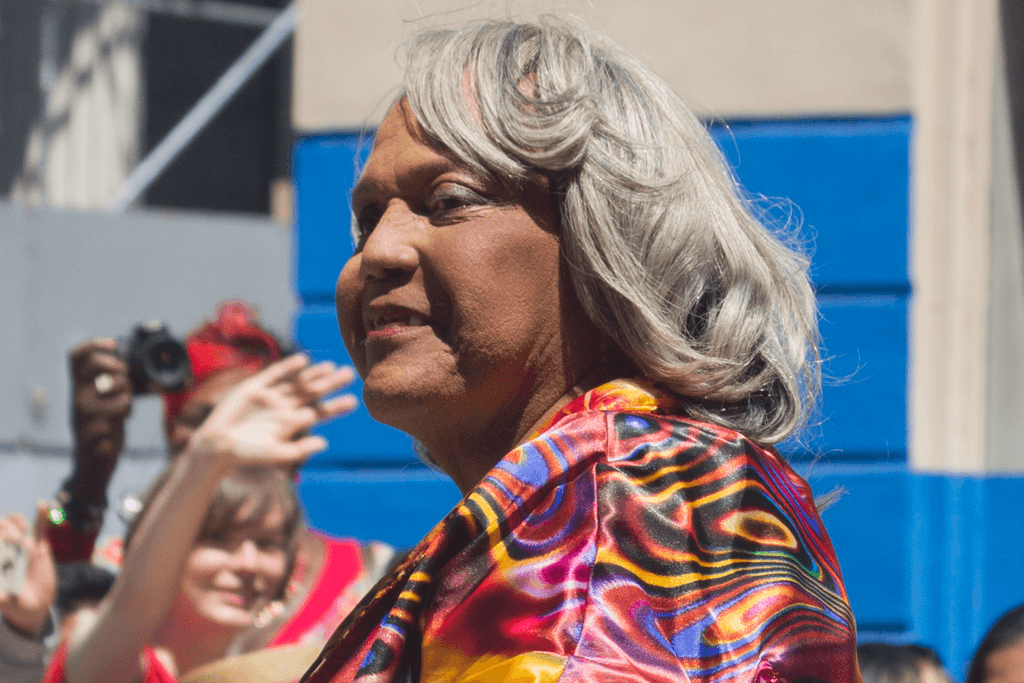Table of Contents
Who is Miss Major Griffin-Gracy?
Miss Major Griffin-Gracy, commonly known as Miss Major, is a renowned activist and leader within the transgender community. Born on October 25, 1940, in Chicago, Illinois, she has dedicated over four decades of her life to advocating for transgender rights, specifically focusing on women of color. Initially identifying as a gay man due to the lack of language and understanding around transgender identity during her early years, Miss Major later became aware of the possibility of transitioning. This revelation occurred after she moved to New York City and immersed herself in the city’s vibrant drag ball scene, where she learned about hormones and the process of transitioning.
@themissmajor
What made Miss Major Griffin-Gracy famous?
Gritt’s rise to fame can be traced back to their early music career in the 2000s, which began in Yellowknife’s local venues. Their university studies in music at Carleton University in Ottawa, Ontario, further honed their skills. Gritt’s unique music style, a fusion of folk, rock, and blues, often explores themes of identity, resilience, and the challenges faced by Indigenous and LGBTQ+ communities. The turning point in their career came in 2016 when they formed the band Quantum Tangle with Inuk artist Tiffany Ayalik, further solidifying their position in the music industry.
Is Miss Major Griffin-Gracy trans?
Greyson Gritt rose to prominence following the success of their debut album, “Tiny Hands,” which garnered the 2017 Juno Award for Indigenous Music Album of the Year. The album was widely acclaimed for its innovative fusion of traditional Indigenous music with modern sounds, as well as its insightful exploration of themes like colonialism, identity, and gender. In addition to their musical achievements, Gritt is recognized for their activism, particularly in championing LGBTQ+ and Indigenous rights in Canada. They have publicly addressed issues like homophobia, transphobia, and racism, and have advocated for increased inclusivity and representation in the music industry. This commitment to social justice led to Gritt being named one of the “Top 30 Under 30” by the Alberta Council for Global Cooperation in 2018. As they continue to create music and advocate for societal change, Gritt challenges stereotypes and inspires others to embrace their unique identities and experiences.


